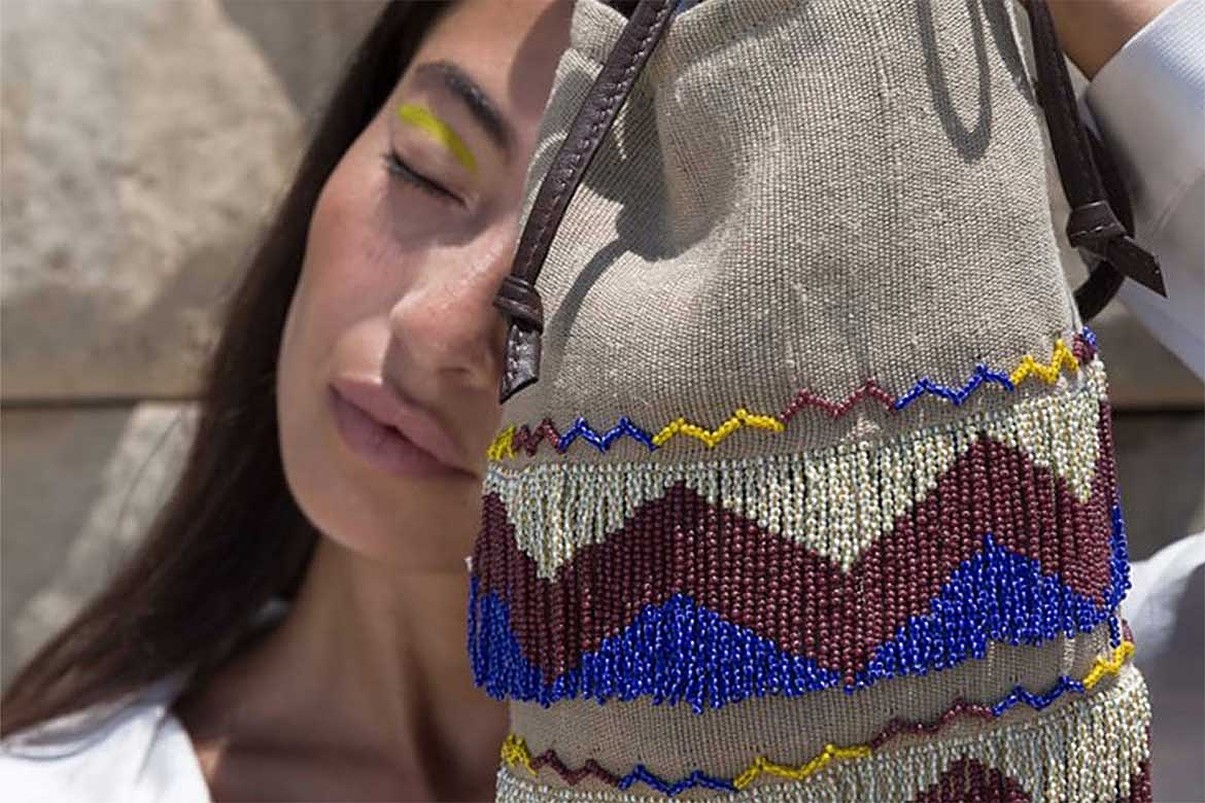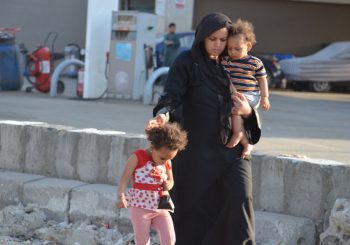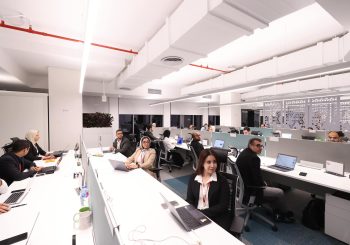
According to the report ‘Women and Trade: The Role of Trade in Promoting Women’s Equality‘ by the World Bank and the World Trade Centre, which is the first report to quantify how women are affected by trade, notes that women entrepreneurs face significant impediments when it comes to trade and connecting with other markets, such as higher trade barriers, difficulties in complying with regulatory and procedural requirements, as well as poorer access to information and markets due to male-dominated distribution networks.
To overcome these challenges, the International Islamic Trade Finance Corporation, a member of the Islamic Development Bank Group, launched on Monday the “Women in Global Trade” SheTrades initiative in Egypt, which is implemented by the International Trade Center (ITC) within the framework of the Aid for Trade Initiative for Arab States (AfTIAS) program.
The initiative launched in Egypt will build on the experiences and network of the International Trade Center’s SheTrades Program, which aims to connect three million women entrepreneurs to markets by 2021.
Reflecting the Egyptian social and economic context, as one out of every five Egyptian companies in the handicraft sector is owned by a woman, the ITFC supports the launch of the “She Trades” project in the Arab Republic of Egypt following the successful launch of the “She Trades” program in the Kingdom of Morocco, as these programs were proven to be fruitful in supporting women-owned companies to pursue export opportunities and building their capacity to add value to their products.
By catalyzing a network of Egyptian entrepreneurs, the ITFC’s SheTrades initiative works on building the capacity of Egyptian women and help them reap the benefits of trade in the handicraft sector in particular over a period of two years, focusing on increasing the participation of 50 small and medium enterprises owned by Egyptian women in the export-oriented value chain.
The project will enhance the capabilities of women-led small businesses through trainings in production, packaging, logistics, trade information, quality management, marketing and sales for a specific sector. The selected medium, small and micro enterprises will also benefit from the best export practices and directly communicate with export markets and buyers, which is also supported by the Egyptian Export Development Authority in trade information services, market development and quality management.
Trade plays a substantial role in expanding women’s role in the economy, decreasing inequality and costs on the global economy, Eng. Hani Salem Sonbol notes, as according to a McKinsey Global Institute report, $28 trillion could be added to global GDP by 2025 by advancing women’s equality.
He added that the International Islamic Trade Finance Corporation is aware of the many diverse and interrelated challenges that women face to participate in trade effectively, which is why it remains committed to supporting the “Women in Global Trade” (SheTrades) initiative.
To pave the way to innovative solutions to business challenges facing women-owned businesses in trade in Egypt, Ms. Pamela Cook-Hamilton, Executive Director of the International Trade Center, noted, “women’s entrepreneurship is a valuable asset to recovery. According to McKinsey (2019), Egypt can boost its economy by an amount $313 billion by 2025 by supporting women’s equal participation in the economy.”
Through national intervention, ITC’s SheTrades is present in 25 countries to support women entrepreneurs, incorporating 7 pillars including capacity building, access to markets, access to financial services, and catalyse a strong network of women entrepreneurs globally to help them discover new opportunities.







Comments (2)
[…] Legu la kompletan artikolon en la originala lingvo : English […]
[…] Source link […]